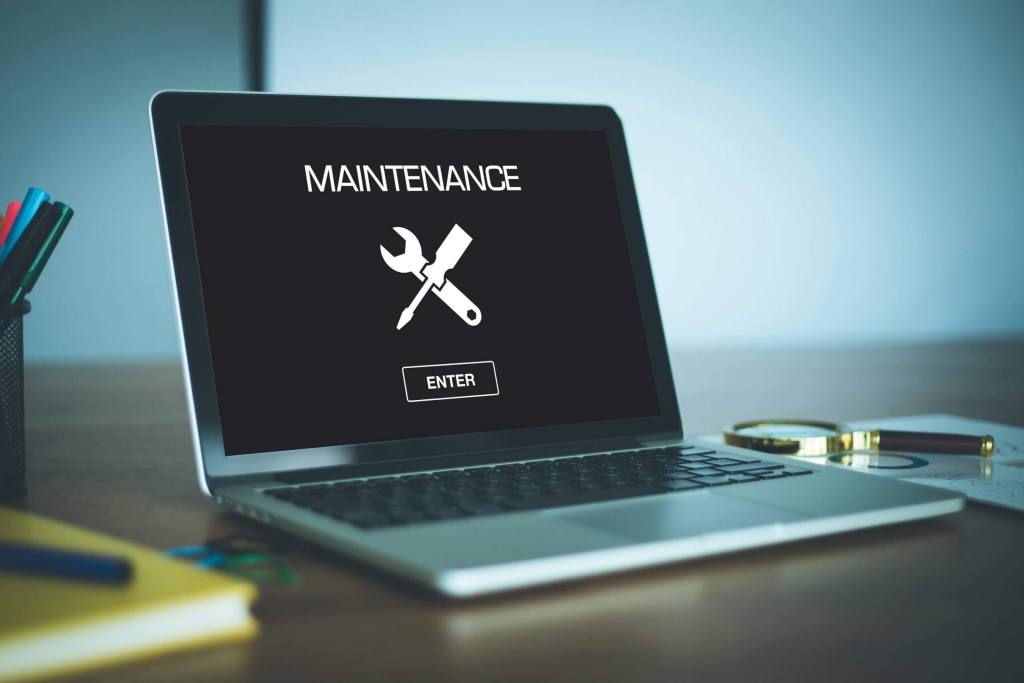The Importance of Regular Website Maintenance
Regular website maintenance is a crucial aspect of running a successful online presence. It ensures that your site remains secure, functional, and optimized for both users and search engines. Neglecting this important task can lead to various issues, from security vulnerabilities to poor user experience, which can ultimately harm your business. Understanding the significance of website upkeep and implementing a consistent maintenance routine can help you avoid these pitfalls and keep your website running smoothly.
Enhancing Security
One of the primary reasons for regular website maintenance is to enhance security. Websites are constantly targeted by hackers and cybercriminals looking to exploit vulnerabilities. Keeping your site’s software, plugins, and themes up to date is essential in protecting it from security threats. Regular updates often include patches for known vulnerabilities, making it more difficult for attackers to breach your site.
In addition to updates, regular maintenance should involve monitoring your website for any suspicious activity. This includes scanning for malware, checking for unusual traffic spikes, and ensuring that your security protocols are functioning correctly. By staying vigilant and addressing potential security risks promptly, you can protect sensitive user data and maintain the trust of your visitors.
Improving User Experience
User experience (UX) is a critical factor in the success of any website. Regular maintenance helps ensure that your site is user-friendly, fast, and accessible. Broken links, outdated content, and slow loading times can frustrate visitors, leading them to leave your site in search of better alternatives. By routinely checking for and fixing these issues, you can create a smoother and more enjoyable experience for your users.

Part of improving UX involves testing your website’s performance across different devices and browsers. This ensures that your site is fully responsive and functions properly for all users, regardless of how they access it. Additionally, keeping your content fresh and relevant by regularly updating blogs, product pages, and other site elements can engage users and encourage them to return to your website.
Boosting SEO Performance
Search engine optimization (SEO) is another key reason to prioritize regular website maintenance. Search engines like Google prioritize websites that are fast, secure, and regularly updated. Neglecting maintenance can result in poor search engine rankings, making it harder for potential customers to find your site.
Regular maintenance tasks that can boost SEO include optimizing images, updating meta tags, and ensuring that your site’s code is clean and efficient. Additionally, removing broken links and fixing any 404 errors can prevent search engines from penalizing your site. By maintaining your website’s SEO health, you can improve its visibility and attract more organic traffic.
Ensuring Compliance and Functionality
Websites must comply with various regulations and standards, such as the General Data Protection Regulation (GDPR) and the Americans with Disabilities Act (ADA). Regular maintenance ensures that your site remains compliant with these regulations, helping you avoid potential legal issues and fines. This involves reviewing your privacy policies, ensuring data protection measures are in place, and making your site accessible to users with disabilities.
Functionality is another critical aspect of website maintenance. Over time, plugins, themes, and other third-party integrations can become outdated or incompatible with new software updates. Regularly testing these elements ensures that everything works as intended, preventing potential issues that could disrupt your site’s operation. Whether it’s checking forms, payment gateways, or other interactive features, keeping your site functional is key to providing a seamless user experience.
Conclusion
Regular website maintenance is not just a technical task—it’s an essential practice for sustaining your online presence. By enhancing security, improving user experience, boosting SEO performance, and ensuring compliance and functionality, you can keep your site in top shape and avoid common pitfalls. A well-maintained website not only attracts more visitors but also builds trust and credibility with your audience.
Investing time and resources into routine maintenance is a proactive approach that can save you from costly problems down the road. As you continue to grow your business and expand your digital footprint, make website upkeep a priority. Whether you manage your maintenance in-house or work with a professional service, the benefits of regular maintenance are undeniable, helping you achieve long-term success in the digital landscape.



